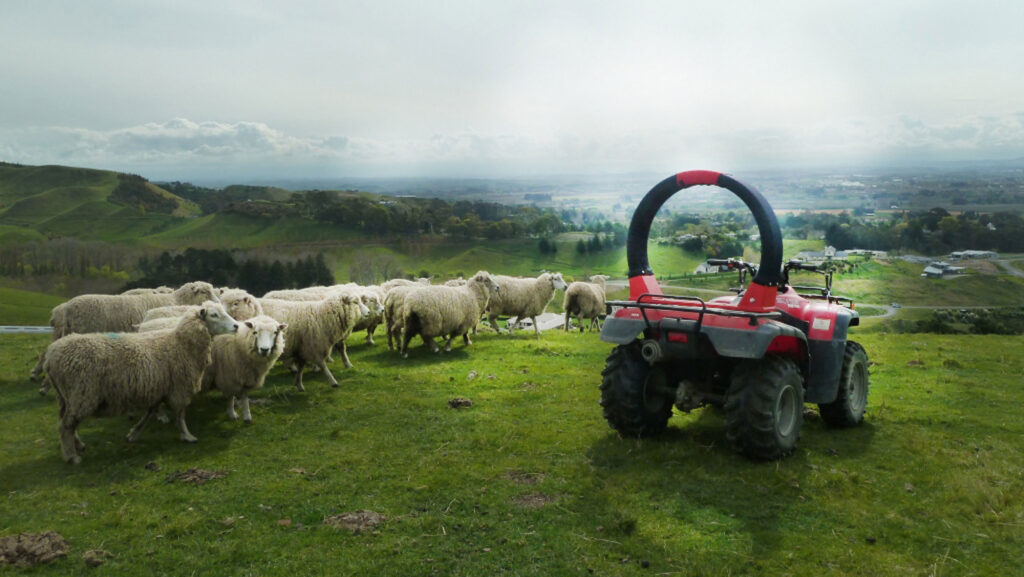HSE explores whether new roll bars can reduce quad deaths
 © www.atvlifeguard.co.uk
© www.atvlifeguard.co.uk Health and Safety Executive (HSE) experts are exploring whether a new kind of roll bar has the potential to reduce deaths involving quad bikes.
Previous HSE research into roll over protection systems (ROPs), which require the use of a seatbelt, had concluded that this would increase the risk of a quad rider being trapped and injured in the event of an accident.
See also: HSE to review outdated quad bike safety laws
But now the regulator is looking into whether so-called “operator protection devices” (OPDs) can improve safety. These differ from ROPs because they allow quad riders to shift their weight to maintain stability.
Accidents
Renowned Cumbrian farmer John Geldard has also called on the new Labour government to consider making roll bars mandatory on quad bikes from April 2025.
Mr Geldard, who runs an award-winning mixed farm near Kendal, felt compelled to make a plea to Defra secretary Steve Reed following the deaths of three people involved in quad bike incidents in the UK in August. Two of those killed were children.
“Every time you hear of another accident, it has a serious effect on you,” he said. “It is no longer acceptable to do nothing.”
In Australia, OPDs were made mandatory on quad bikes in 2021.
An earlier Australian Competition and Consumer Commission report had concluded that the addition of an OPD on a quad bike could help to prevent around a third of all quad bike deaths in Australia.
Indeed, over the past three years, the annual number of quad-bike related deaths in Australia has reduced from 11 to seven, compared with an average of 16 people each year between 2010 and 2020 – though the introduction of mandatory helmet wearing may also have played a part.
Too early
Experts have warned that it is still too early to definitively assess whether OPDs will have a positive long-term impact on reducing deaths.
Agricultural Engineers’ Association (AEA) technical director Stuart McClimont says both scientific literature and empirical evidence remain “inconclusive”.
“Rather than experimenting with devices that do not have a proven risk-benefit ratio for riders’ safety, the AEA strongly supports behavioural safety practices with a strong track record,” he said.
“These include mandatory helmet wear, appropriate personal protective equipment, training and awareness raising.”
Mr McClimont also points out that “side-by-side” vehicles are all equipped with roll-over protective structures.
